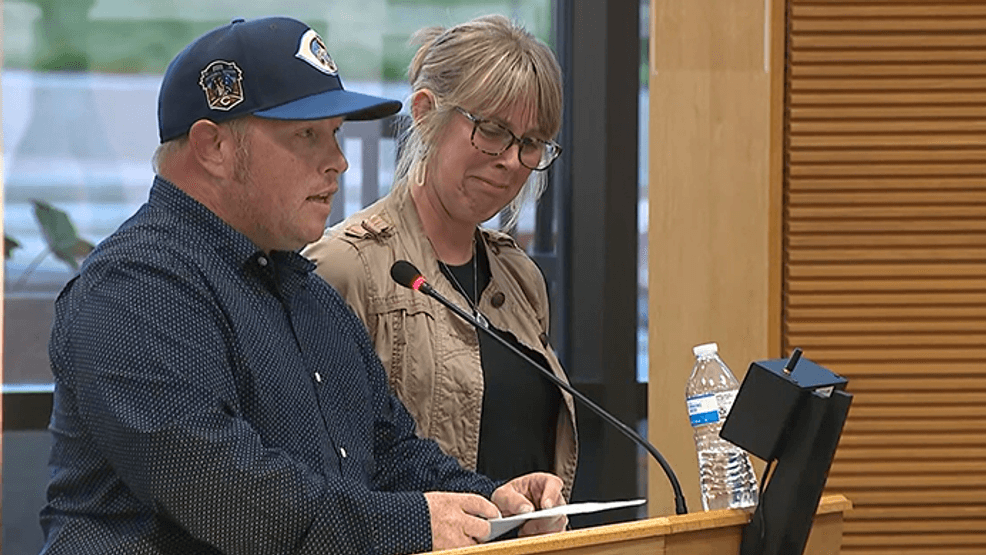Good Riddance—but Maybe Not So Fast
Before we bury the Community Relations Service, we need a full post-mortem
Finally: it’s gone.
Back in April, it was quietly announced that the Trump administration was going to can the Community Relations Service, a division of the Department of Justice.
Big news, thought I.
But then—why no formal announcement? Why so little coverage of the decision?
Shouldn’t the Trump administration be shouting this victory from the roof? I asked myself.
After all, Trump has made anti-white racism one of the most visible targets of his second-term agenda—the DEI initiatives, affirmative action, the mass-immigration policies, the media bias, the shockingly racist curricula in schools and universities.
The evil done by the Community Relations Service over the last 60 years is belied by its innocuous name, which suggests an organization dedicated to making sure people are happy in their communities or something like that. You could almost imagine the CRS saying, with a smile, “We’re from the government, and we’re here to help”—and actually meaning it.
In reality, the CRS gets my vote for the most sinister institution in America today—or, rather, the most sinister institution in America until last Tuesday. The CRS was responsible, almost singlehandedly, for creating a culture in which white victims of racist crime, including murder, were forced to disavow the true nature of the crime and, even worse, to do so in public, in front of the whole world.
White families—brothers, sisters, parents, uncles and children—were wheeled out at press conferences and made to go against all their instincts and say things no brother, sister, parent, uncle or child wants to say when a loved one is brutally murdered simply for having pale skin.
“We forgive the killer. We don’t want to make this a race thing, and neither should you. We should all get along and move on.”
The CRS was not only covering up anti-white racism. The CRS, by covering up anti-white racism, was excusing it and emboldening the perpetrators. White people are fair game if you’re brown—that was the central message of the CRS. If you’re brown, the usual sanctions don’t apply.
What was even worse—tens of millions of white taxpayers paid for it.
The CRS was founded in 1964 as part of the Civil Rights Act, and its mission was envisaged in terms drawn from where else but the preaching of Martin Luther King Jr. On its website, the CRS described itself as realizing his “inspiring dream of a vibrant, all-embracing nation unified in justice, peace and reconciliation.”
If that little statement makes you feel warm and fuzzy, the reality—what those words actually meant—will have the opposite effect.
The CRS was largely immune to scrutiny. It kept its activities secret for the most part, preferring not to publicise when and where it went. Government officials didn’t talk about it. It’s even been suggested that the organization was, for whatever reason, immune to FOIA—freedom of information—requests, which may be true. I don’t know.
Just occasionally, however, we were granted privileged access, a peek behind the curtain. Until I started writing about the CRS back in 2023, its website listed a case study that was supposed to illustrate the good work it did to manage community relations.
In 2018, Donald Giusti was kicked to death by a gang of Somalis in a park in Maine. Tensions in Lewiston had been high since an influx of migrants and one day, at last, they boiled over. The police chief decided to call in the CRS “to help ease racial tensions and strengthen community relations,” the CRS told us.
One part of the “peacemaking” process involved the customary public statements from relatives of the victim. Donald Giusti’s uncle and sister both spoke to the press and called for peace and reconciliation.
The CRS also intervened on behalf of the Somali man arrested for killing Donald Giusti. Instead of being charged with murder, the killer was allowed to plead “no contest” to a lesser charge of criminal negligence. He was sent to prison for just nine months.
Otherwise, knowing what little we knew, we’ve been left to guess when the CRS was doing its dirty work.
I suggested it was probably involved in the aftermath of the murder of 17-year-old Jonathan Lewis by a gang of black schoolkids, back in 2023, and the case of Andy Probst, a former police chief who was run down by a black and Hispanic teenager on a joyride in a stolen car.
I thought the CRS probably got in touch with the father of Aidan Clark during the whole “Haitians eating dogs and cats” saga last year. Clark’s father actually got up and said he wished his son had been killed by an old white man rather than a Haitian, so all the racist MAGA supporters would shut up. It’s scarcely believable, but yes, Aidan Clark’s father said that.
Maybe the CRS even coached the father of Austin Metcalf, the teenager who was stabbed to death at a school track meet in Texas. He said some pretty questionable things before his son’s body was even cold.
Anyway, the CRS was finally abolished last week.
Just like in April, there wasn’t any big announcement or press conference at the White House. Neither Trump nor Stephen Miller opined about its role in promoting hatred of white Americans and how it went on for far too long. There weren’t any memes posted on Twitter by the based Zoomers in control of the various government department accounts. No Rhodesian soldiers in short shorts with laser eyes. No “get bent commie” or “keep your anti-white hatred on your side of the Zambezi” or anything like that.




